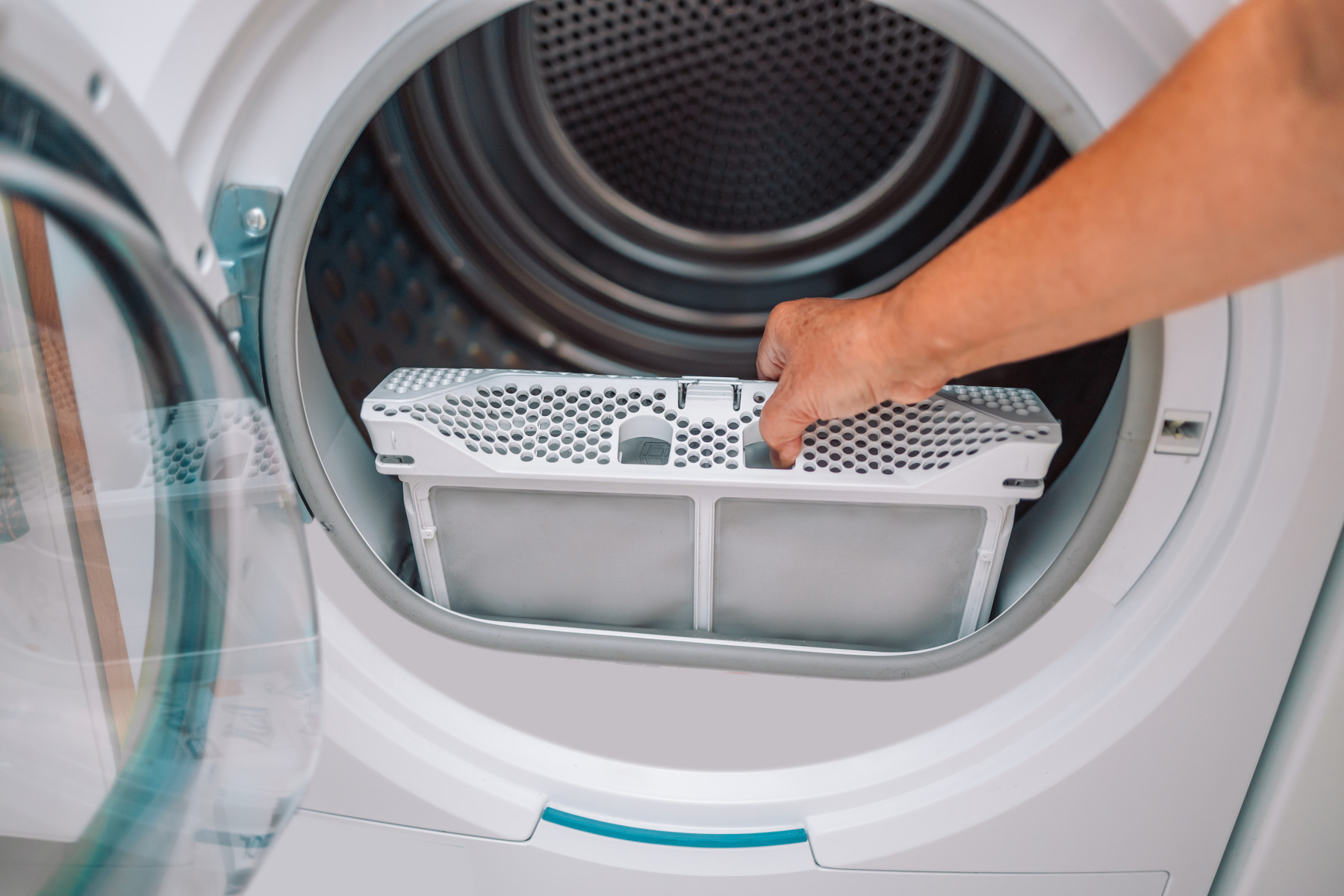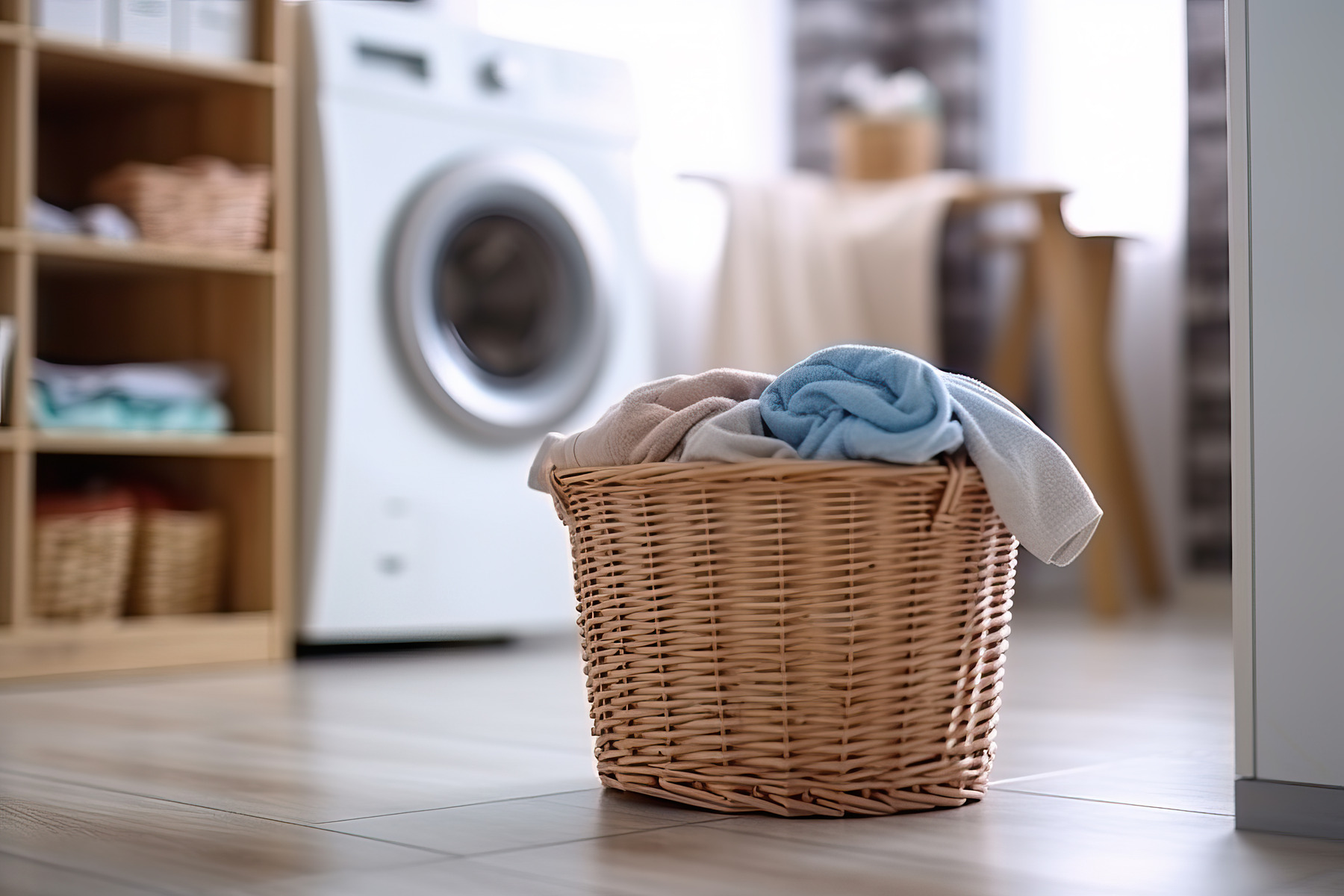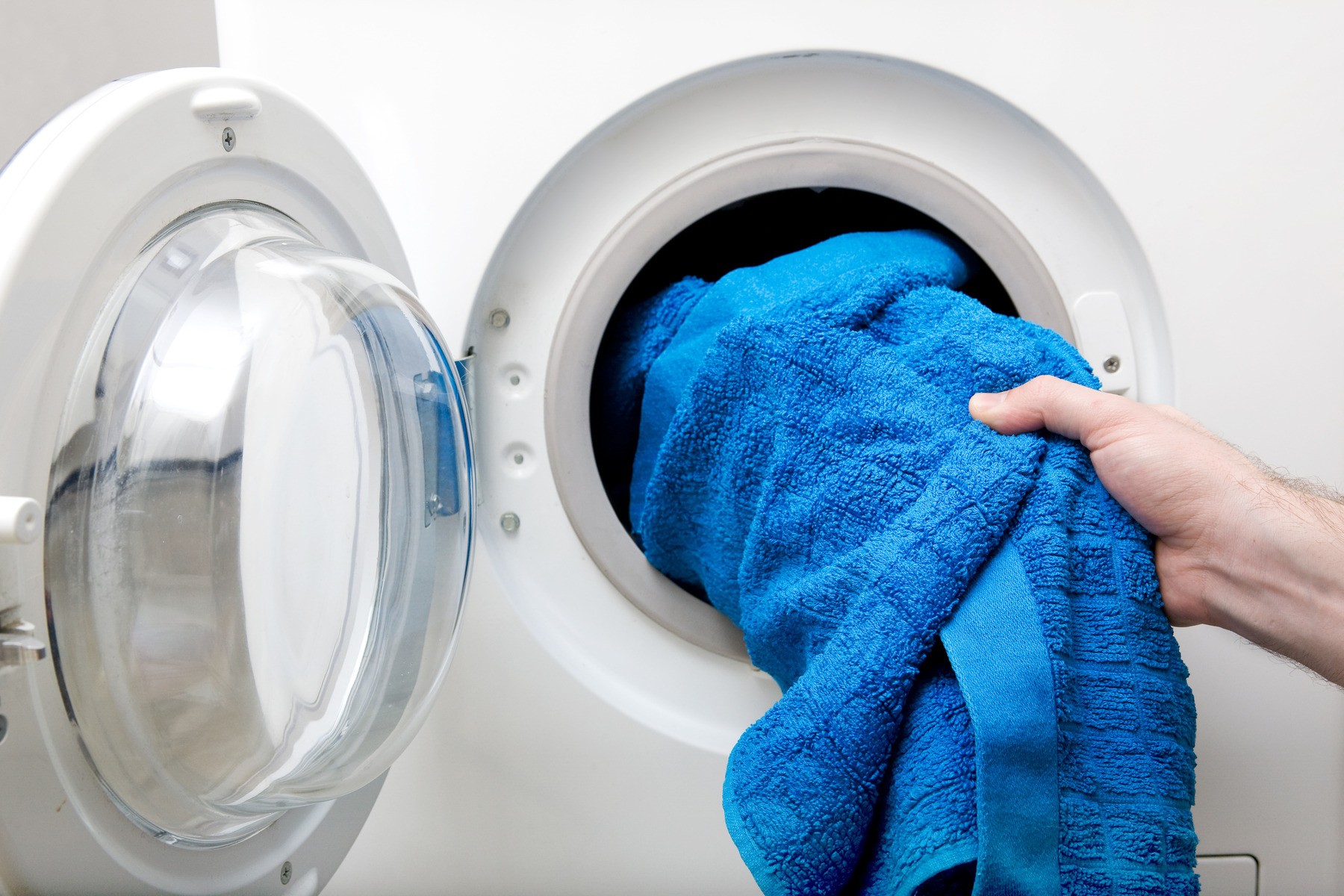The Inner Workings of Heat Pump and Condenser Dryers
When it comes to drying your clothes, technology has made it possible to ditch the clothesline and opt for more efficient methods. Two very popular methods in NZ are heat pump dryers and condenser dryers. But what exactly are they? How do they work? And most importantly, what sets them apart?
Understanding the technology behind your chosen machine is key. Let's delve into the world of heat pump and condenser dryers to discover their unique differences.
The Magic Behind Heat Pump Dryers
 Heat pump dryers, as their name suggests, utilise a heat pump to both heat and cool the air within the dryer. This process involves the air being warmed to remove moisture from your clothes and then cooled to remove the moisture from the air. The dried air is then reheated and the cycle begins again. This continual recycling of warm air through heat pump technology makes them highly energy efficient.
Heat pump dryers, as their name suggests, utilise a heat pump to both heat and cool the air within the dryer. This process involves the air being warmed to remove moisture from your clothes and then cooled to remove the moisture from the air. The dried air is then reheated and the cycle begins again. This continual recycling of warm air through heat pump technology makes them highly energy efficient.
The Energy Efficiency of Heat Pump Dryers
The efficiency of heat pump dryers is one of their standout features. They consume significantly less energy compared to other types of dryers, making them an eco-friendly choice. However, the trade-off is that they often take longer to dry your clothes due to the lower temperatures they operate at.
A Few Caveats to Keep in Mind
However, they aren't without their drawbacks. Heat Pump Dryers can take longer to dry clothes due to the lower temperatures they operate at. Also, they tend to be more expensive upfront, which might be a deterrent for budget-conscious consumers.
The Science Behind Condenser Dryers
 On the other hand, condenser dryers work by extracting the moisture from your clothes and then expelling it as water into a container that you need to empty regularly. To do this, they make use of a heating element to warm the air, which then absorbs the moisture from your clothes.
On the other hand, condenser dryers work by extracting the moisture from your clothes and then expelling it as water into a container that you need to empty regularly. To do this, they make use of a heating element to warm the air, which then absorbs the moisture from your clothes.
How Condenser Dryers Excel in Speed
Compared to heat pump tumble dryers, condenser dryers operate at higher temperatures and expel hot air more rapidly, speeding up the drying process. This means they can dry clothes more quickly, which can be a convenient feature for large families or those with a constant stream of laundry. However, this speed comes with a cost in terms of higher energy consumption.
Potential Downsides of Condenser Dryers
Yet, just like Heat Pump Dryers, they have their cons. Condenser Dryers use more energy, which can lead to higher utility bills. Plus, they release a lot of heat, which might not be ideal during the summer months.
Choosing between a heat pump and a condenser dryer will depend on your personal needs and preferences – the eco-friendly efficiency of a heat pump dryer or the speedy convenience of a condenser dryer.
Choosing the Right Dryer for Your Needs
 The quest to find the perfect dryer can feel like an epic journey. After all, you're not just buying an appliance, you're investing in your convenience and the longevity of your wardrobe. So, should you go for a heat pump or a condenser dryer? Here are some factors to consider.
The quest to find the perfect dryer can feel like an epic journey. After all, you're not just buying an appliance, you're investing in your convenience and the longevity of your wardrobe. So, should you go for a heat pump or a condenser dryer? Here are some factors to consider.
Considerations for Your Lifestyle and Budget
Heat pump dryers are the cutting-edge in drying technology and boast impressive energy efficiency. Heat pump dryers can use less than half the energy of a traditional dryer. However, their premium technology comes with a higher initial cost and longer drying times.
Condenser dryers, on the other hand, have a more straightforward operation. They can dry clothes quickly, which can be a boon for busy households. However, they can be more energy-hungry than their heat pump counterparts.
Making the Decision: Heat Pump Dryer or Condenser Dryer?
 Your decision should be based on your individual needs and constraints. If you prioritise energy efficiency and lower operating costs over time, a heat pump dryer might be your best bet. But if you need your clothes dried quickly and don't mind a higher energy cost, a condenser dryer could be the way to go. Remember, the best dryer for you is one that fits your lifestyle, budget, and laundry habits.
Your decision should be based on your individual needs and constraints. If you prioritise energy efficiency and lower operating costs over time, a heat pump dryer might be your best bet. But if you need your clothes dried quickly and don't mind a higher energy cost, a condenser dryer could be the way to go. Remember, the best dryer for you is one that fits your lifestyle, budget, and laundry habits.
